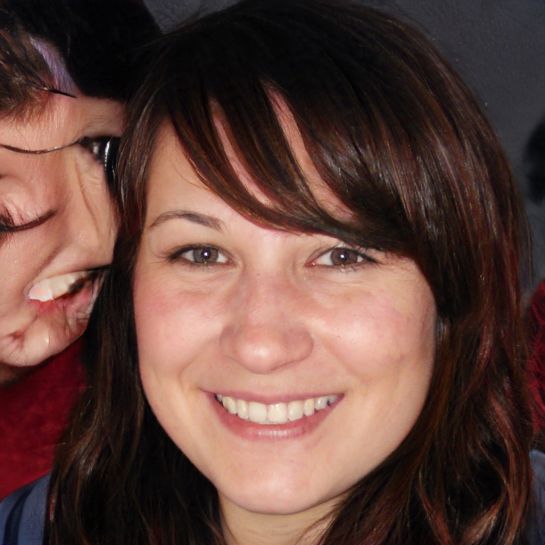What is the Elizabethan belief in fortune?
The wheel of fortune, which had its origin in the Middle Ages and continued in popularity during the Elizabethan era, was based on the belief that fate and fortune were believed to control life. The "wheel" could turn in your favor or reduce your status as misfortune struck.
Why is Fortune portrayed as a woman?
Fortuna, in Roman religion, goddess of chance or lot who became identified with the Greek Tyche; the original Italian deity was probably regarded as the bearer of prosperity and increase. As such she resembles a fertility deity, hence her association with the bounty of the soil and the fruitfulness of women. What did Elizabethans believe about fate? In the Elizabethan era people strongly believed in superstition, fate, destiny and the wheel of fortune. People believed they had no influence in their life as everything was already planned out. It was believed that one's fate was determined by the stars and God had planned your destiny before hand.
What is the wheel of fortune in Macbeth?
The ancient view of human affairs frequently referred to the "Wheel of Fortune," according to which human life was something of a lottery. In a fatalistic universe, the length and outcome of one's life (destiny) is predetermined by external forces. In Macbeth, the Witches represent this influence. You can also ask is wheel of fortune wheel rigged? The wheel itself is not rigged. Of course, this isn't the only way that the show is streamlined to save time. For example, to avoid contestants repeating previous incorrect guesses, there's a screen facing them showing those letters, but that's not the only secret screen.
Also, what was the original wheel of fortune like?
Shopper's Bazaar In its original concept, Wheel of Fortune was known as Shopper's Bazaar. The program revolved around contestants guessing puzzles and shopping with their winnings. When the Wheel of Fortune we know today came about, it followed a similar format.
Similar articles
- What are the fortune telling fees of the fortune teller in the poem the fortune teller?
The fees for fortune-tellers can range from Rs 750 to 5000 per sitting. The antidote depends on the client's willingness to pay.
- What is a belief in animism?
Belief in spiritual beings that are capable of helping or harming human interests is animism. The continued currency of the term is due to the fact that animistic beliefs were first surveyed by Sir Edward Burnett Tylor in his work.
- What is the New Age belief?
Most Americans identify as Christians. Many Christians hold New Age beliefs such as reincarnation, astrology, psychics, and the presence of spiritual energy in physical objects like mountains or trees.
- What is a mystic belief?
There is a religion or belief based on union or communion with a deity. Outside of religion, mysticism leans toward mystery and wonder, rather than logic.
- What is animistic belief?
- What is mysticism belief?
There is a definition of mysticis. The experience of mystical union or direct communion is reported by mystics. The belief that direct knowledge of God, spiritual truth, or ultimate reality can be attained through subjective experience.
- Which statement is true of both Hindu and Buddhist belief or practice?
 Deechristophermagic
Deechristophermagic
